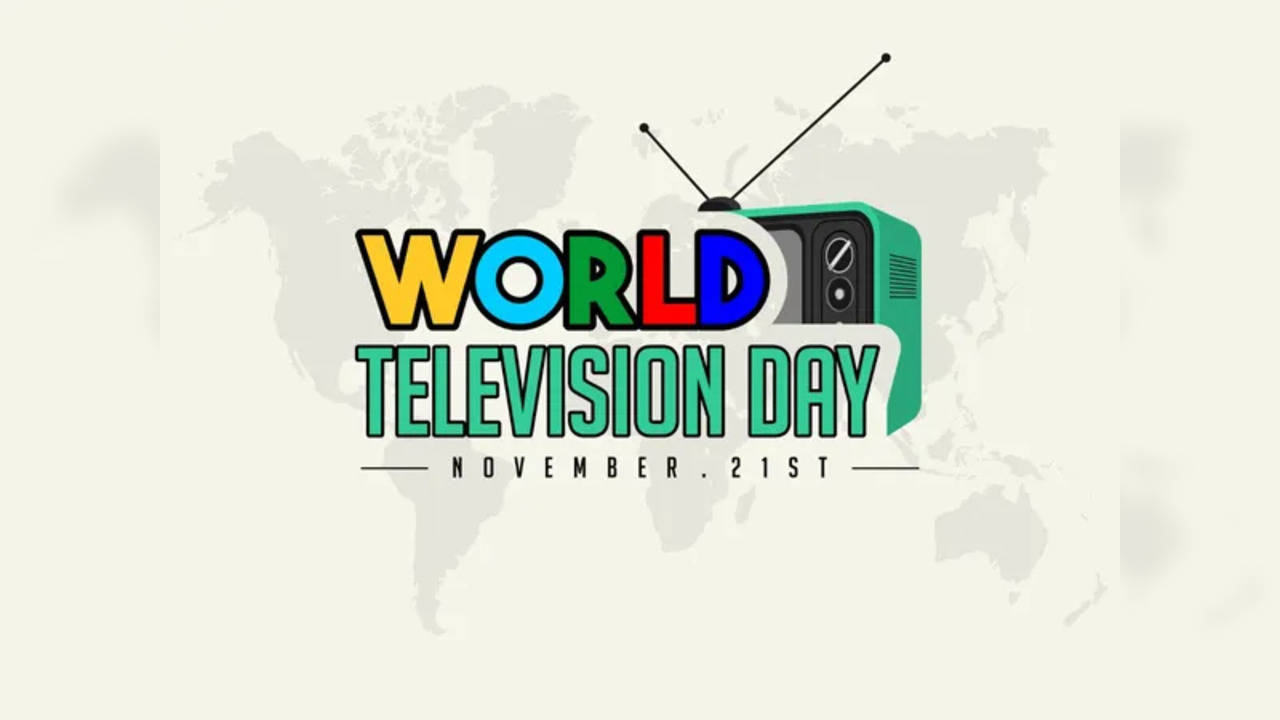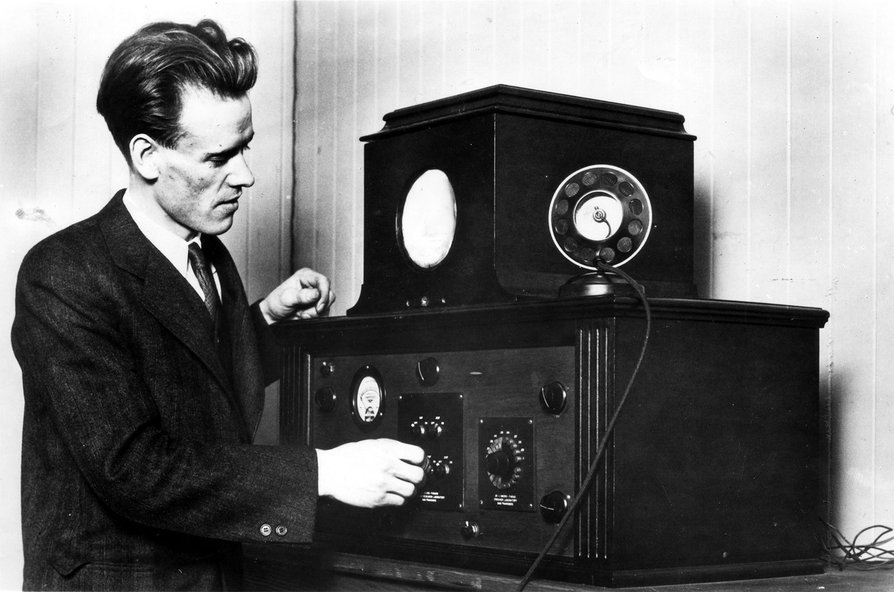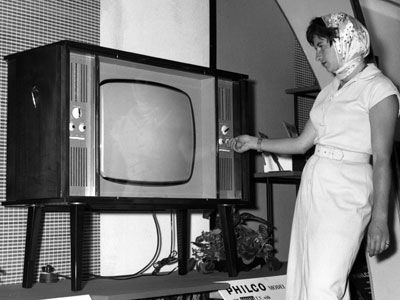Overview
In a world buzzing with smartphones and streaming services, television remains the quiet yet powerful maestro orchestrating the daily symphony of our lives. Its importance in today’s society is akin to a trusted confidante, seamlessly weaving into our routines and collective consciousness.
Every November 21, we celebrate World Television Day, acknowledging the growing influence of television in shaping decisions and global conversations. The United Nations General Assembly paved the way for this recognition in 1996 with resolution 51/205, underlining the medium’s potential impact on our collective narrative. It’s a day to appreciate the role of television as a powerful tool in shaping perspectives and fostering a shared understanding on a global scale.

From informative documentaries to nail-biting matches, television transcends the screen, leaving an indelible mark on our collective consciousness. In an age of constant change, it stays a guiding light, fostering learning, unity, and a deeper understanding of our world.
Streaming Surges: A TV Revolution Unfolds in 2023

In the dynamic landscape 2023, streaming platforms asserted their dominance, claiming a staggering 68% of total TV watch time, while binge-watching saw a remarkable 15% growth, captivating 82% of TV enthusiasts.
The multitasking trend prevailed, with 76% of viewers seamlessly engaging with other devices. Smart TVs and advanced set-top boxes empowered 63% of spectators to sidestep ads. Creativity soared, witnessing a 20% surge in fresh TV content production.
World Television Day : History
World Television Day finds its roots in the inaugural World Television Forum hosted by the UN on November 21 and 22, 1996. This groundbreaking event served as a platform for media discussions on television’s pivotal role in delivering information and navigating the evolving global landscape.

Recognising television as the primary source of video consumption, the UN General Assembly, on December 17, 1996, via resolution 51/205, officially designated November 21 as World Television Day.
This commemoration acknowledges television’s profound impact on decision-making processes and its undeniable role in informing, channelling, and shaping public opinion, especially in world politics.
Why is this event significant?
World Television Day, established by the United Nations General Assembly on December 17, 1996, holds significance as a recognition of television’s expanding influence on decision-making. Acknowledging its role in spotlighting conflicts, the day goes beyond merely celebrating the medium—it symbolises a philosophy.
In the modern era, television embodies communication and globalisation. This acknowledgement underscores television’s power to shape opinions, influence global politics, and be a vital tool for informing the public about crucial issues. World Television Day is a poignant reminder of television’s importance,
connecting people globally and fostering dialogue for a better, more informed world.
Themes of World Television Day
World Television Day has embraced diverse themes over the years, each encapsulating the evolving role of television in shaping our society. In 2023, the focus on Accessibility emphasises the importance of making television content available to all, facilitating inclusivity.

The theme for 2022, “Promoting Inclusive Societies for Peace and Sustainable Development,” urged television to be a catalyst for societal inclusiveness, contributing to peace and sustainable growth.
In 2021, the theme “Informing, Empowering, and Connecting the World through Television” underscored television’s triple role as an informer, an empowerer, and a global connector. The 2020 theme, “International Year of Creative Economy for Sustainable Development,” recognised television’s contribution to the creative economy and its impact on sustainable development.
These themes reflect the multifaceted nature of television and its crucial role in addressing contemporary challenges and aspirations.
Televising the Past: Milestones in TV Evolution

In 1884, Germany’s Paul Gottlieb Nipkow crafted the inaugural mechanical television, bragging an 18-line resolution and the ability to relay images through rotating metal disks via wires.

Fast forward to 1927, and the landscape of television underwent a seismic shift with 21-year-old Philo Taylor Farnsworth’s invention of the first modern electronic television system. Farnsworth, fueled by his electronic passion, not only transmitted the first image—a simple line but also famously beamed a dollar sign in response to a sceptical investor, solidifying the financial potential of his creation.

Simultaneously, the year 1950 witnessed a game-changer with the development of the first TV remote, liberating viewers from the confines of their seats. Technological progress continued with the introducing of the first colour TV in March 1954, marking a vibrant era in television history.
In 1982, Sony revolutionised the television landscape by mass-producing the first-ever pocket television, the Sony Watchman FD-210. This compact device was portable, weighing a mere 650 grams and measuring 87 x 198 x 33 millimetres.
Fast forward to 1988, the Sharp Corporation achieved a groundbreaking milestone by developing the world’s first 14-inch colour Thin Film Transistor (TFT) LCD TV.
Conclusion
Television, a resilient maestro in a world dominated by screens, echoes its influence globally. World Television Day annually celebrates its role as a connector, influencer, and innovator. From mechanical wonders to the streaming revolution, TV’s impact transcends screens, shaping perspectives and fostering unity in the symphony of our shared existence.












